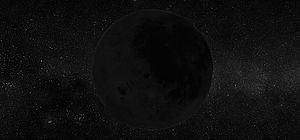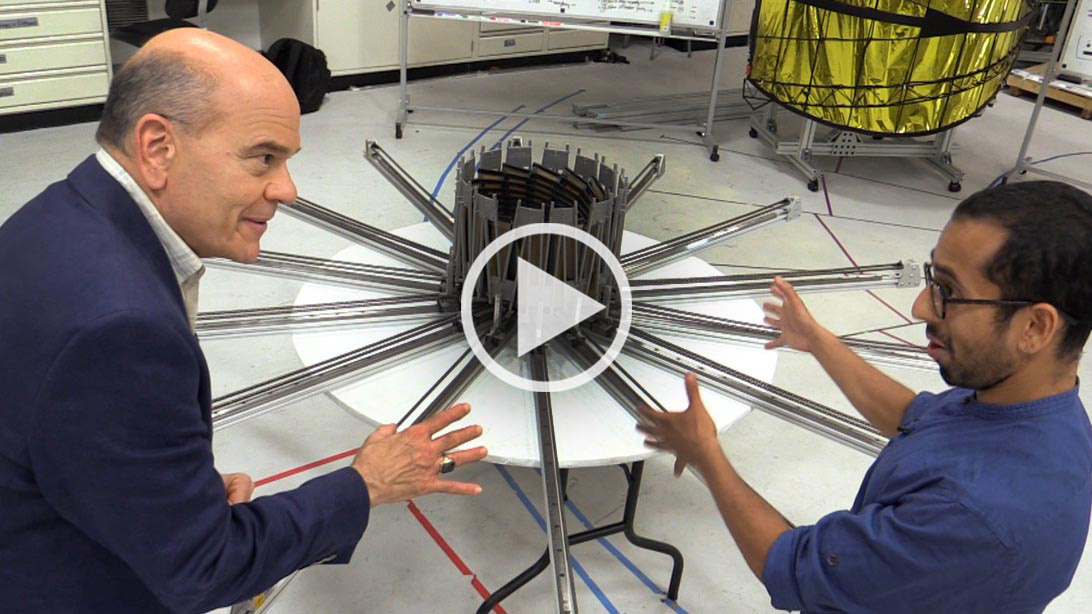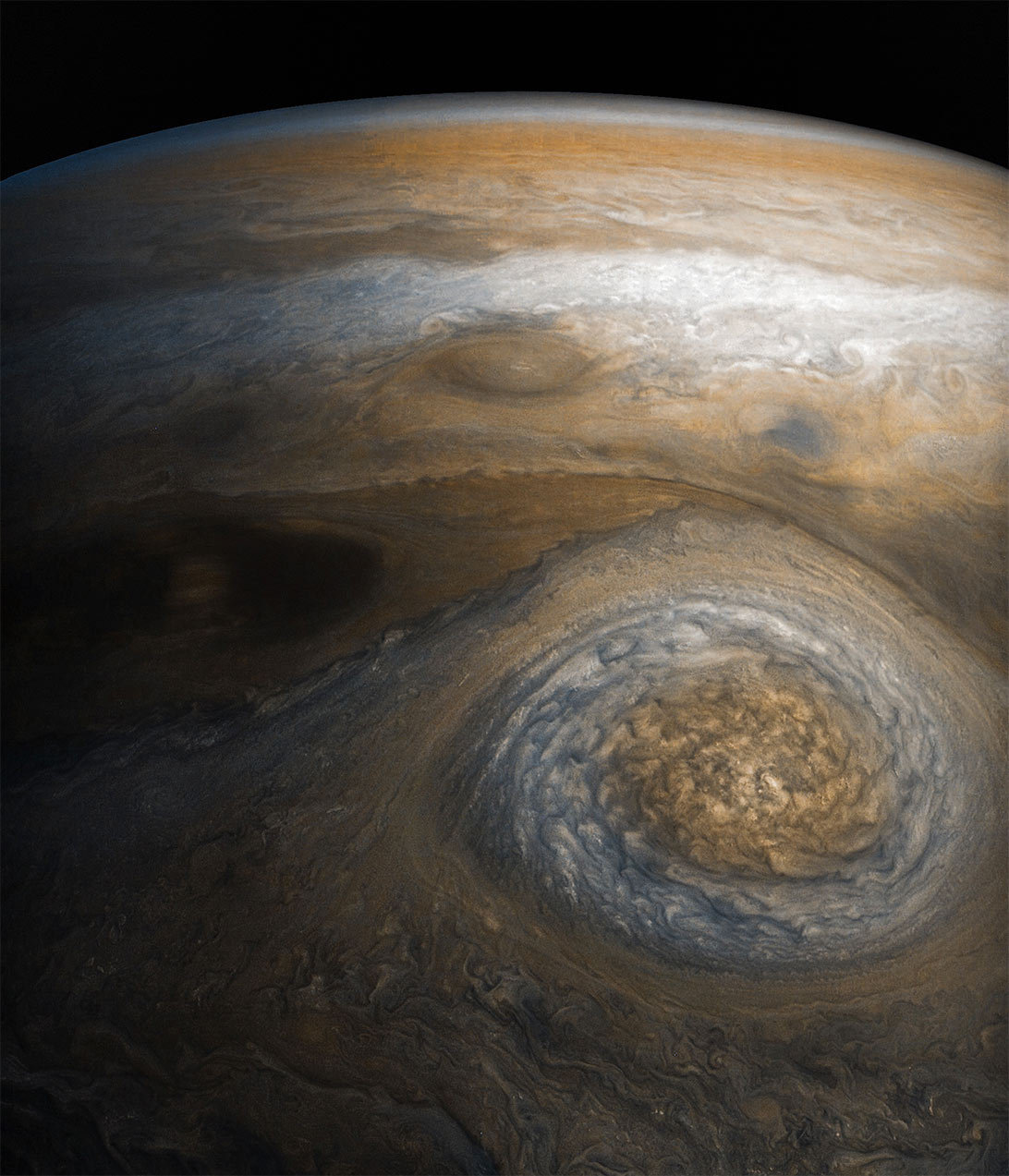- Joined
- Oct 30, 2012
- Reaction score
- 5,414
- Location
- New York State capital district
- Lifestyle
- Strict vegetarian
How about a "news" thread alerting us to upcoming or recent astronomical events, like meteor showers, comets, that small (~50 feet / 15 meter wide?) asteroid that came within 50,000 miles of Earth recently, etc? A few meteor showers occur rather regularly, although the show can vary, and I think a total solar eclipse is supposed to be visible in a band across some of the United States next year.
I watched the Perseids a bit less than a month ago. The night was cloudy so I went to bed, but around 3 AM I happened to wake up, looked outside, and noticed the clouds appeared to be moving out- so I went outside around maybe 3:15. I was outside for maybe 1/2 hour and saw about 15 meteors. The meteors weren't nearly as bright as they were predicting, and the trails didn't last long at all, although the news reports had mentioned that the Perseids often left long-lasting visible trails; but they were fast, and did tend to come in spurts- nothing for about 10 minutes, then maybe 3 within roughly 2 minutes.
In other news: today I read a report that they found the Philae lander that touched down on that comet but got stuck in a shady area, and couldn't get power from its photovoltaic cells (until a brief period when the comet got closer to the Sun, and it powered up again for a few hours). The orbiter managed to get an image of the lander.
Edited to add: Rosetta space probe finds lost Philae lander on comet | Fox News
I guess I can forgive myself for not remembering the name of the comet Philae landed on.
I watched the Perseids a bit less than a month ago. The night was cloudy so I went to bed, but around 3 AM I happened to wake up, looked outside, and noticed the clouds appeared to be moving out- so I went outside around maybe 3:15. I was outside for maybe 1/2 hour and saw about 15 meteors. The meteors weren't nearly as bright as they were predicting, and the trails didn't last long at all, although the news reports had mentioned that the Perseids often left long-lasting visible trails; but they were fast, and did tend to come in spurts- nothing for about 10 minutes, then maybe 3 within roughly 2 minutes.
In other news: today I read a report that they found the Philae lander that touched down on that comet but got stuck in a shady area, and couldn't get power from its photovoltaic cells (until a brief period when the comet got closer to the Sun, and it powered up again for a few hours). The orbiter managed to get an image of the lander.
Edited to add: Rosetta space probe finds lost Philae lander on comet | Fox News
I guess I can forgive myself for not remembering the name of the comet Philae landed on.







